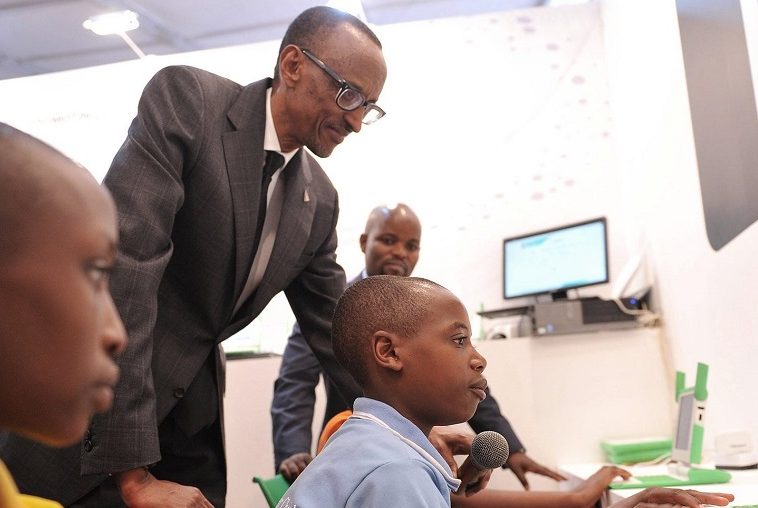Favour Ofili, a Nigerian sprinter, has recently made history by becoming the first Nigerian to qualify for the women’s 200m event final in 28 years.
Ofili’s journey to the final was fraught with challenges. Initially excluded from the 100m race due to administrative errors by the Athletics Federation of Nigeria (AFN) and the Nigerian Olympic Committee (NOC), she redirected her focus to the 200m event. Her effort paid off as she clocked a season’s best of 22.05 seconds, securing the second automatic spot in the final.
At 21, Ofili’s performance has revived Nigeria’s hopes for a gold medal at the Olympic Games Paris 2024. Since Ajunwa-Opara’s triumph, Nigeria has yet to secure another gold medal in the Olympics, making Ofili’s current pursuit even more significant. Her performance in the 200m final could be a pivotal moment in restoring Nigeria’s position on the Olympic podium.
Chioma Ajunwa-Opara made history at the 1996 Atlanta Olympics by winning Nigeria’s first and only Olympic gold medal in track and field, with her remarkable performance in the long jump. Ajunwa-Opara’s achievement remains a landmark moment for Nigerian athletics.
Not only did she make history with her gold medal, but she is the only Nigerian woman to have competed in both the FIFA Women’s World Cup and the Olympics. While this highlights her versatility and exceptional athletic prowess, there’s also the need for Africa to show the world that more women can make history in sports.
READ ALSO: D’Tigress Roar Again at the 2024 Paris Olympics
Following Ofili’s expressed frustration on social media, questioning the accountability of these organisations. Nigeria’s Sports Minister, John Enoh, in response, announced an investigation into the matter. He noted that while similar issues have occurred with other countries, his focus is on Nigeria and determining who is responsible for Ofili’s exclusion. Enoh highlighted concerns about the communication process and the failure to address the omission of Ofili’s name from the final list of competitors.
Ofili’s success has sparked national pride and renewed optimism. Her story highlights that perseverance and dedication can lead to remarkable accomplishments, even in the face of difficulties. As she prepares for the final on Wednesday, Ofili will look to also build on the legacy of Mary Onyali, who won bronze in the same event at the Atlanta ’96 Olympics. Ofili aims to improve this achievement and secure Nigeria’s first medal in this event since Chioma Ajunwa in 1996.




